Taking Care of Mom: When Your Aging Parents Don’t Want Help
As Mother’s Day approaches, you may have more weighing on your mind than just what gift to get your aging Mom. Perhaps you are worried that Mom or both of your aging parents are not doing well. Maybe you’ve already experienced some crisis and can tell the situation is getting worse. Unfortunately, sometimes when we try to offer help, our aging parents refuse those offers. It is not uncommon to get the response, “We’re fine.” when you know they are not.
What can you do when your aging parents refuse your help?
- Keep an open dialogue. Try not to react with anger and to listen to what Mom is saying (we often work with family members well before we work with the elder, talking to them about their concerns and anxieties and suggesting different approaches). Try to gain an understanding of her perspective and the hidden messages she may not be stating. Remember that change doesn’t usually happen immediately, and this typically needs to be an ongoing conversation.
- Try to find an opening. What does Mom say she would like help with? Is there something you can suggest which would make her life easier but not seem like an admission of problems or loss of independence? Household help, such as light housekeeping and meal preparation, or driving services are two areas where many seniors first accept help.
- Don’t miss out on windows of opportunity. If Mom has a hospitalization, needs surgery or comes down with an illness, bring in “temporary” help (there’s more chance it will turn permanent when Mom becomes comfortable with help and sees the benefits).
- Take a step back and get perspective. It’s your aging Mom and it’s understandably emotional when you’re worried about her. But, often, arguing won’t get you anywhere. Remember that she’s an adult and can make poor or different choices (as long as she’s competent to do so and not putting herself or others in immediate danger). It might help to talk to a professional or get an assessment to determine where things stand from an objective perspective and prioritize needs.
- Learn about resources and where to turn when there is immediate danger. There may be situations where you have to take action, despite Mom’s protests. It’s also good to be prepared for the time when she might accept help. You want things to go well, so do your research about any services she might need. If she is in immediate danger or you feel she is incapable of making decisions, find out about the process you need to follow. For example, in Florida you could contact the Department of Family and Children’s Services for reporting elder abuse/neglect, including self-neglect and there is a Baker Act process for Florida residents who need immediate, involuntary psychiatric evaluation. These are used in worst-case scenarios. Talk to a professional about ideas and resources. We can give you information and refer you to an attorney about the guardianship process, if needed.
For more tips and resources on topics like this, sign up for our monthly newsletter. We’re here to help! Call us at 727-447-5845 with questions.

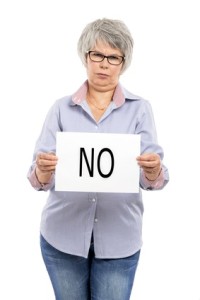
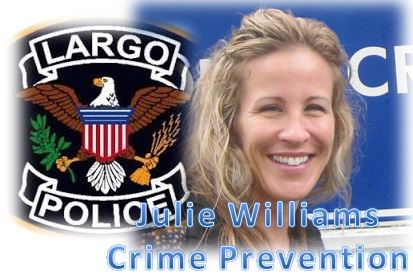
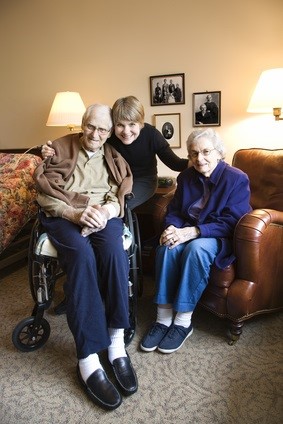
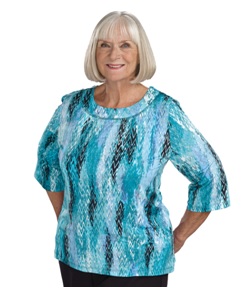
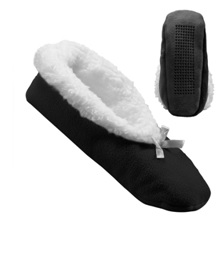
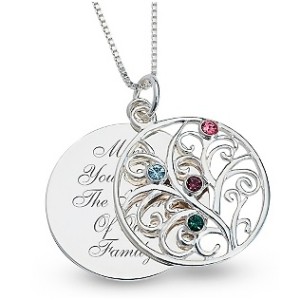
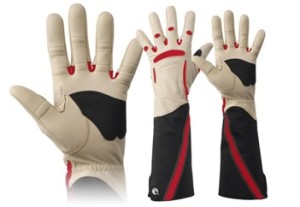

 Popular Downloads
Popular Downloads


 Get Our Newsletter!
Get Our Newsletter! Mission Statement
Mission Statement

